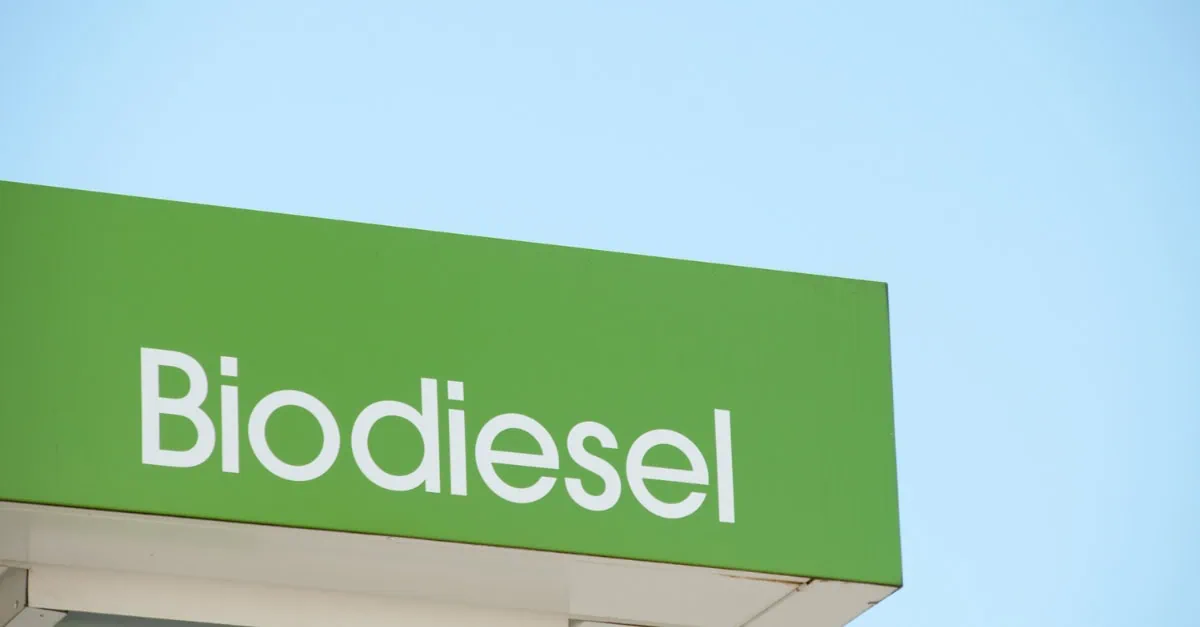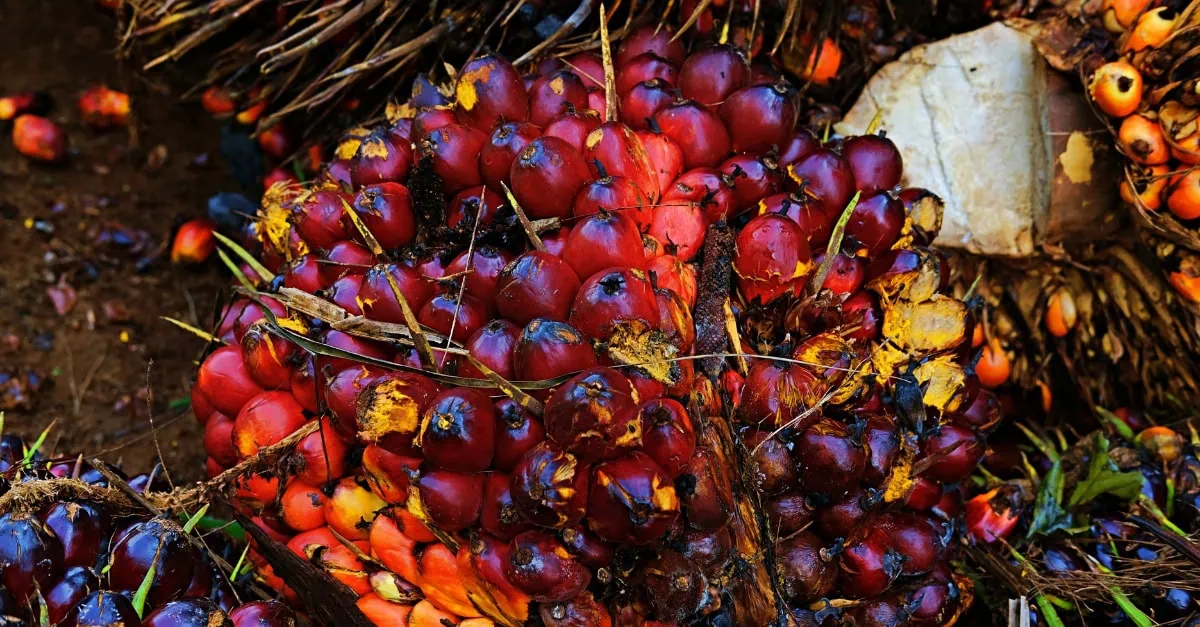July 17, 2025 – Week 29 Market Update
The biodiesel sector showed mixed price movements this week as traditional biodiesel products gained on stronger feedstock costs while HVO prices softened slightly, all against a backdrop of approaching US-EU tariff deadlines that could reshape global trade flows.
Traditional biodiesel strengthens on feedstock support
FAME0 prices increased $6/mt to $1,322/mt while UCOME gained $13/mt to $1,442/mt, primarily supported by rising feedstock costs across multiple categories. The gains reflect tightening supply-demand fundamentals in the underlying raw material markets.
Used cooking oil (UCO) prices continued their upward trajectory with FOB China UCO rising $20/mt to $1,065/mt and EXW Netherlands UCO increasing EUR 8/mt to EUR 1,065/mt. These increases highlight the ongoing supply constraints in waste-based feedstocks despite regulatory pressures on international trade.
HVO market shows softness despite strong fundamentals
Hydrotreated vegetable oil (HVO) prices declined modestly with HVO from UCO dropping $3/mt to $2,140/mt and HVO from tallow falling $16/mt to $2,080/mt. This softness contrasts with the strength in traditional biodiesel markets and may reflect different demand dynamics or margin pressures.
Energy complex weakens on geopolitical uncertainty
Low sulfur gas oil (LSGO) prices dropped significantly by $84/mt to $691/mt due to concerns around potential trade wars and disappointment over what market participants described as a “weaker-than-expected ultimatum” from Trump to Putin regarding the Ukraine conflict.
The energy price decline created margin pressure across the biofuels complex, though strong feedstock costs provided offsetting support for many products.
Animal fat markets slow during summer period
Tallow technical category 3 (5% FFA) remained stable at EUR 1,015/mt FOB ARA as animal fat market participants reported slow trading conditions during the holiday period. Demand is focused on high-grade animal fats while a large volume of off-specification material has entered the market due to summer temperatures and handling challenges.
“The market is slow due to the holiday period, with most demand focused on high-grade animal fats driven by a large volume of off-spec material caused by the summer period and high temperatures,” reported one market participant.
Vegetable oil complex supported by USDA revisions
Vegetable oil feedstocks gained strength following lower US soybean oil stocks in June and bullish USDA projections showing higher domestic consumption for biodiesel production. The reduced availability of soybeans and oil for exports is providing structural support across multiple feedstock categories.
Harvest pressure delayed but expected
Rapeseed complex harvest pressure has not fully materialized due to slower harvesting progress in Germany and Ukraine. However, more pressure is anticipated in coming weeks as European harvest activity accelerates and Canadian canola harvesting begins.
“We should see more pressure on nearby positions in the following weeks, and potentially stronger deferred positions due to lower carryover this year and potentially Australia sending more non-GMO canola to China,” explained one German market participant.
Tariff deadlines approach amid market adaptation
The US has set August 1 as the deadline for a tariffs deal with the EU and August 12 for negotiations with China, creating potential volatility as markets react to political developments. However, markets appear to be adjusting to Trump’s negotiation style and are showing less extreme volatility than in previous periods.
This adaptation suggests that while tariff headlines may continue to create short-term price movements, the market is developing a more measured response to policy announcements.
Market outlook and procurement considerations
The biodiesel sector faces a complex environment where feedstock cost pressures support traditional biodiesel margins while HVO markets show signs of softness. The approaching tariff deadlines combined with delayed but inevitable harvest pressure creates a challenging outlook for procurement planning.
Feedstock diversification strategies become increasingly important as regulatory changes favor certain origins while traditional supply sources face trade barriers. The summer period’s impact on animal fat quality also highlights the importance of specification management in procurement contracts.
Energy price volatility related to geopolitical developments adds another layer of complexity to margin management, requiring sophisticated hedging strategies across the energy-biofuels complex.
Access the full week 29 Biodiesel market analysis on the Vesper platform here: https://app.vespertool.com/market-analysis/2107





